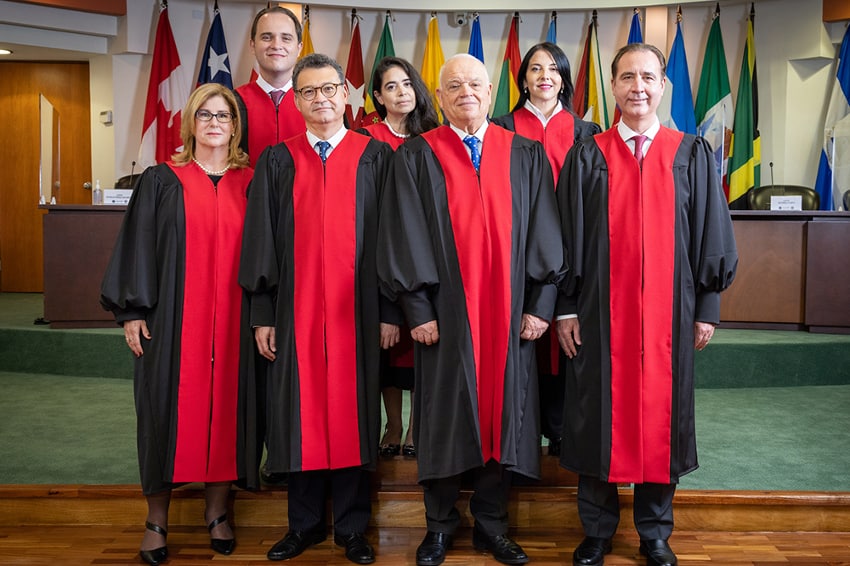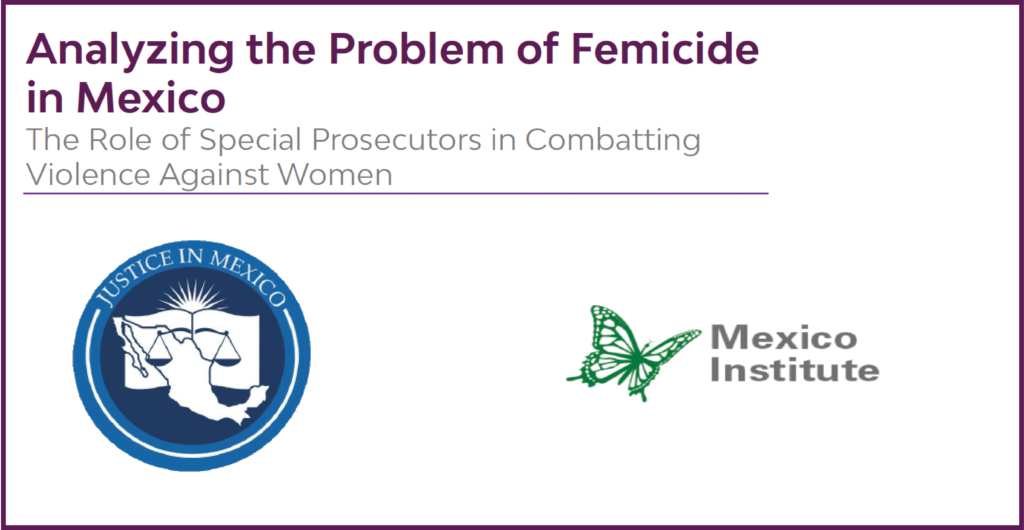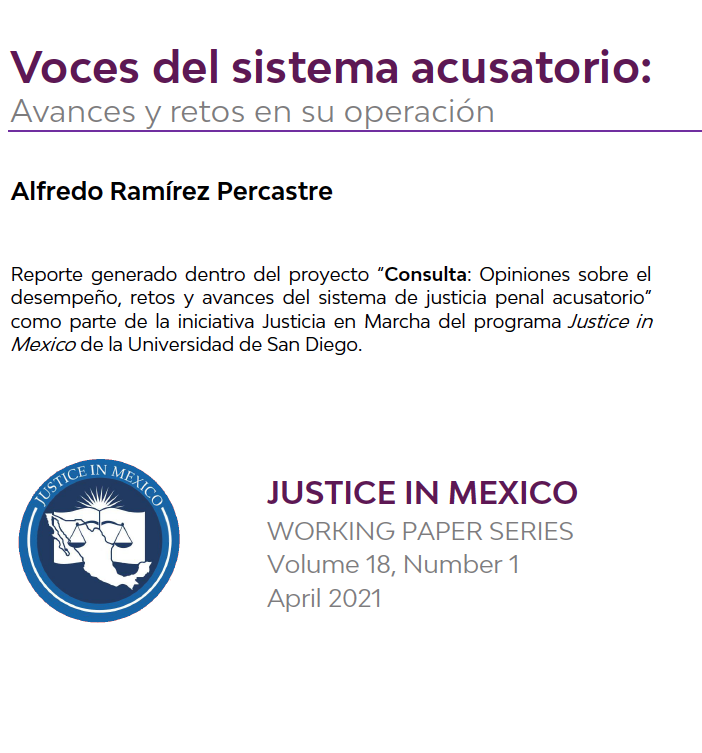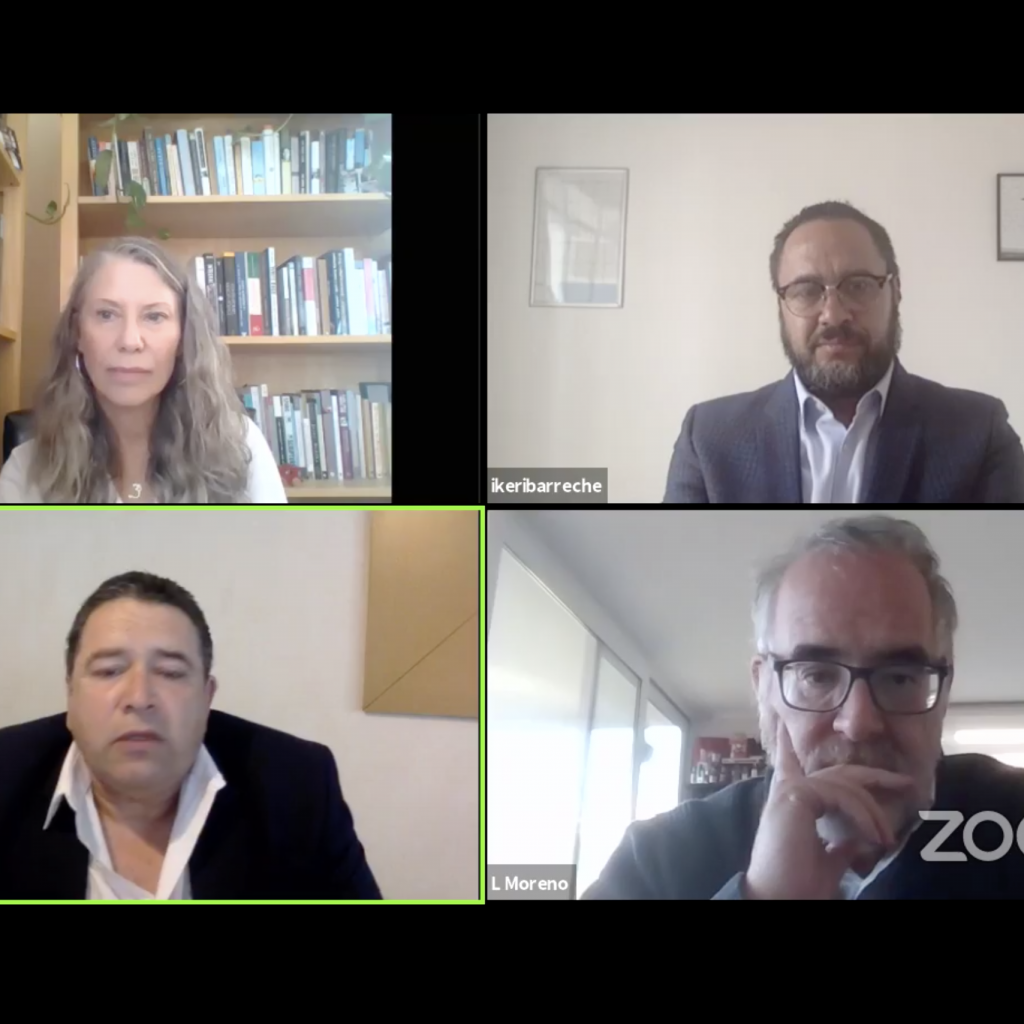
10/25/13 (written by tianacarriedo) — Confronted with a looming deadline of October 31, 2013, and hundreds of thousands of police officers that have yet to be vetted, the Mexican Senate approved on October 17 a one-year postponement to the nationwide police certification process. This is the second delay to the government’s ambitious effort to purge corrupt municipal, state, and federal police forces.
The nation’s top security official, Interior Minister Miguel Osorio Chong, is less than sanguine about the government’s overhaul of the country’s police system, acknowledging to reporters at a forum on public safety that the process used to evaluate police is flawed and that 100% compliance will be impossible to achieve.
The system to certify and evaluate police forces was created in 2009 under former President Felipe Calderón (2006-2012). As part of the program, officers must take and pass a polygraph exam and undergo a background screening. As of June 2013, 326,463 police officers had been evaluated, representing 63% of all municipal, state, and federal police. Of those who have been evaluated, 9% have not passed the certification process and 8% are awaiting results. Less than one third of those who failed the assessment have been removed from duty.
Legislators who supported the postponement maintain that the inability to meet the deadline is due in large part to the weak capacity of state governments and a dearth of resources to find and hire polygraph and psychological specialists. Analysts additionally point to a lack of political will, high annual turnover of police forces (in some districts approaching 110%), and an inherently flawed assessment process that places great importance on polygraph results.
During the Calderón administration, police reform was at the top of the national agenda. Recognizing that corruption, abuse, and ineffectiveness of Mexican police forces would continue to stymie the government’s fight against organized crime, the administration moved to restructure, modernize, and cleanse public security forces on a massive scale. Results were mixed at best with public opinion demonstrating a continued lack of confidence in police and reports showing no lessening of police corruption and collusion with organized crime. While the modes of police reform have changed under the new administration of Enrique Peña Nieto (most notably by the imposition of a clearer chain of command in the Interior Ministry, Secretaría de Gobernación), removing corrupt agents with ties to organized crime remains an important part of the security strategy. However, as news reports continue to indicate, government policies, including the police certification process, have so far failed to root out or significantly diminish police corruption in Mexico.
Sources:
Sabet, Daniel. “Police Reform in Mexico: Advances and Persistent Obstacles.” Shared Responsibility: U.S.-Mexico Policy Options for Confronting Organized Crime. Eds. Eric Olson, David Shirk, and Andrew Selee. Woodrow Wilson Center for Scholars and Trans-Border Institute. October 2010.
“Dos años y no termina certificación de policías en los estados.” Animal Político. October 15, 2013.




